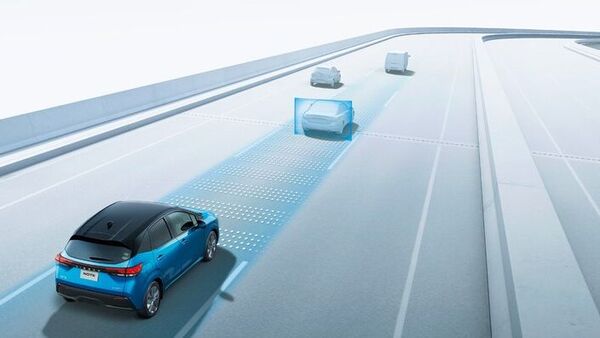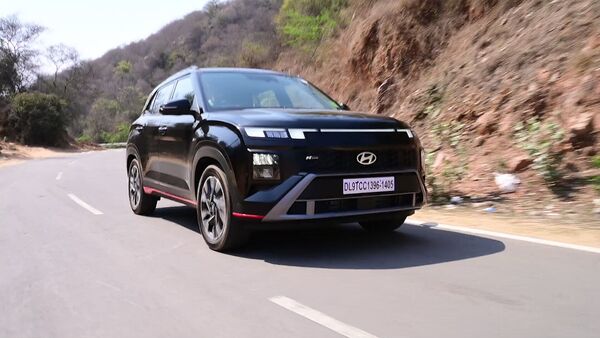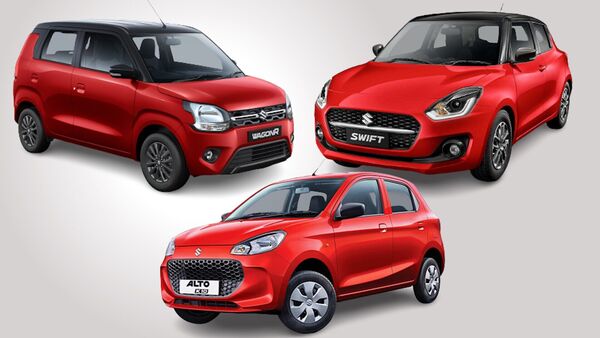
EU's new auto cybersecurity rules spark model axings & surveillance concerns
13 days ago | 5 Views
In today's technologically advanced world, modern cars are equipped with a myriad of cameras and high-tech sensors that support various safety and convenience systems. While these technological advancements have revolutionised the driving experience, they have also made vehicles vulnerable to cyber attacks and hacking attempts.
This has prompted global regulatory bodies like the United Nations and the European Union to introduce strict rules regarding cybersecurity in automobiles.
The United Nations regulation R155, in force since July 2022, mandates a management system by automotive OEMs to address cybersecurity threats. Additionally, R156 ensures that vehicle software updates are conducted securely to protect against cyber threats. These regulations are applicable to all new vehicles sold in the European Union from July 7, 2024, onwards, highlighting the seriousness of the cybersecurity issue in the automotive industry.
Impact on automakers and vehicle models
The introduction of these regulations has forced several automakers to discontinue older models from their lineups in the European market. The cost of upgrading the electronics of these vehicles to comply with the new cybersecurity standards was deemed prohibitively high. Among the affected models are the VW Up!, the VW Transporter 6.1, the ICE-powered Porsche Macan, and the Porsche 718 Boxster/Cayman. Additionally, models from Audi, Renault, and Smart are also reportedly slated for discontinuation due to these regulations.
However, some automakers like Mercedes-Benz claim to be well-prepared for the new regulations and state that their portfolio will not be affected. Despite these assurances, the impact of the cybersecurity regulations on the automotive industry is significant, leading to a shift in focus towards ensuring the security of vehicle systems and software.
Concerns over sata privacy and surveillance
The increasing use of cameras and sensors in modern cars has raised concerns about data privacy and surveillance. Economist Moritz Schularick has expressed concerns that modern electric vehicles (EVs) can be used as "spying machines on four wheels," capturing sensitive data and transferring it to manufacturers, some of which are based in China. This raises questions about the extent of surveillance by foreign governments through millions of connected vehicles on the streets.
According to a recent study titled "Automotive Cyber Security" conducted by the German Center of Automotive Management (CAM) and Cisco Systems, cybersecurity threats in automobiles are imminent. The study highlights the vulnerability of modern vehicles to cyber attacks, especially with the proliferation of software-defined vehicles, electromobility, autonomous driving, and interconnected supply chains.
The introduction of strict regulations by global regulatory bodies reflects the seriousness of the issue and the need for automakers to prioritise cybersecurity in their vehicles.
Read Also: mahindra bolero neo+ energises india's three-row suv battle: variants explained

















